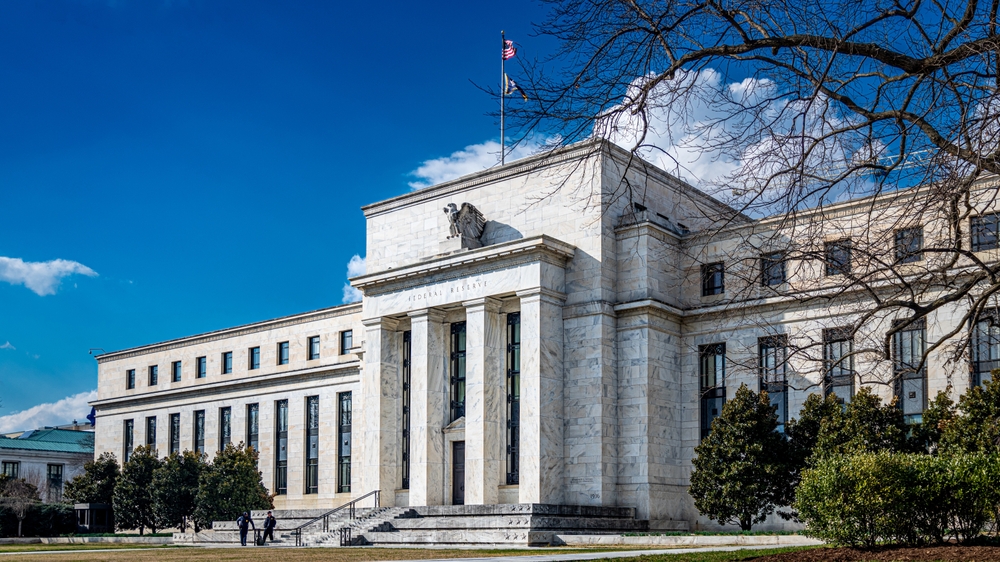Michael Barr Steps Down from Regulatory Oversight Role
Federal Reserve Vice Chair of Supervision Michael Barr announced on Monday that he will resign from his regulatory oversight position on February 28, 2025, while remaining on the Fed’s Board of Governors until January 2032. This decision sets the stage for how President-elect Donald Trump will shape the U.S. central bank during his second term.
Implications for Trump’s Administration
Barr’s resignation allows Trump the opportunity to elevate a current Fed board member to oversee banking regulation. Analysts predict this move aligns with Trump’s preference for a lighter regulatory touch, avoiding a potential legal confrontation over political control of the role.
Michelle Bowman, a Fed Governor critical of Barr’s stricter regulatory approach, is considered a frontrunner for the position under the Trump administration.
A Precedent for Political Influence?
The role of the Fed’s vice chair for supervision was created after the 2007-2009 financial crisis to enhance regulatory oversight. Barr’s resignation could set a precedent for this position to change with presidential administrations, similar to other banking agencies.
“Barr stepping down likely means the role will continue to roll over with presidential administrations,” said Steven Kelly, associate director of research at Yale’s Program on Financial Stability.
Maintaining Monetary Policy Independence
While Barr’s resignation may signal increased political influence over banking regulation, his decision to remain a Fed governor ensures his continued participation in interest rate decisions. This move could help preserve the Fed’s independence in monetary policy.
“The hypothesis that the Fed is more willing to work with Republicans on regulation to preserve monetary policy independence might have legs,” said Derek Tang, an analyst at LH Meyer.
Fed Chair Jerome Powell, whose term ends in 2026, has consistently emphasized the importance of insulation from political pressure for inflation control. Trump’s advisors had reportedly explored ways to increase White House influence over the Fed, but Barr’s voluntary departure may prevent a precedent for removing Fed leadership.
Concerns Over Long-Term Implications
Graham Steele, a former Treasury Department official, expressed concerns about the resignation’s impact on the Fed’s independence. “This sends the message that the Fed is not independent,” Steele said. While Barr’s move avoids a legal and political fight, it raises questions about the central bank’s autonomy under future administrations.
What’s Next for the Fed?
As Trump’s administration prepares to take office, the focus will turn to who will fill the vice chair for supervision role and how the central bank will navigate the balance between regulatory changes and maintaining independence in monetary policy.


